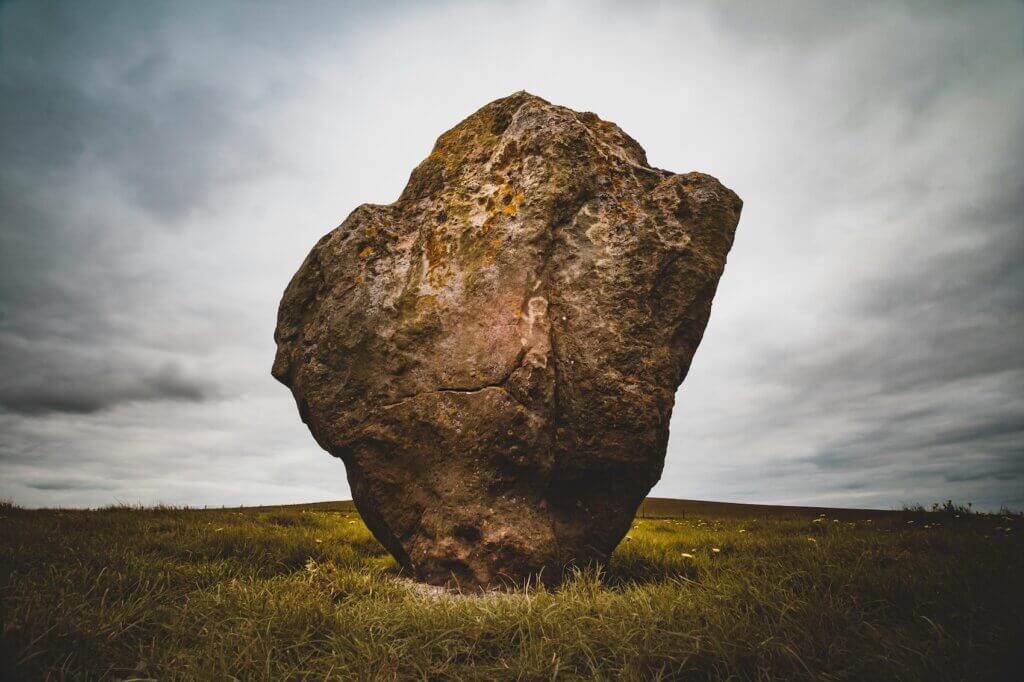Apache Group Pushes Back Against Copper Mine Development
April 9th, 2024

The United States is home to numerous religions. In order of popularity, the top five are Christianity, Judaism, Mormonism, Islam, and Buddhism, the religiously unaffiliated outnumber all groups except for Christians. Although these top five religions dominate headlines when it comes to legal developments, they are not the oldest in the United States. Native Americans have been practicing their own religions for much longer than any other group in the country, and their religious views are markedly different from anything that arrived on their shores hundreds of years ago.
While different Native tribes have different religious views, connection with the land is a shared feature across all their belief systems. While Christians practice their faith in churches, Native Americans tend to carry out their religious duties in the great outdoors. A rocky mesa or a circle of trees may seem innocuous to us – but these natural formations are equivalent to “outdoor cathedrals” for Native Americans.
Largest Copper Mine on the Planet Sparks Religious Freedom Debate
Copper is in extremely high demand, and it is crucial for all manner of electronic components. Perhaps most notably, copper is a necessary metal for numerous sustainable projects, including EVs and various “green technologies.” For both industrialists and environmentalists, it makes sense to take full advantage of copper deposits in the United States.
America is home to the third largest copper deposit on the planet. This is none other than the Oak Flat copper mine– a stretch of land in Pinal County, Arizona. Legend says that this is the ancestral birthplace of the Western Apache religion – and tribal groups today believe that it is sacred. The area has a storied history. In one area called “Apache Leap,” Natives fought against the US cavalry in a particularly violent battle. The area is especially important to Native American women, as it is a traditional location for a female-only ritual called the “Sunrise Ceremony.”
While this area is sacred to the Apache people, they do not “own” it in a strictly legal sense. In 2014, it was effectively taken by the US government in a controversial “swap deal.” Over the next few years, the Apache tried to get it back – and they sued the government in 2021 for what they claimed was a violation of an 1852 treaty. In 2023, they filed a religious discrimination lawsuit, arguing that the land transfer would rob them of their religious freedoms. However, all of these efforts proved unsuccessful.
Religious Freedom vs. Compelling Government Interest
Substantial burden means the government must prove that its infringement of a group’s right to practice their religious beliefs is narrowly tailored to an important government interest. It is supposed to protect the free exercise of religion from government overreach. In this case, the government must show that the destruction of Oak Flat to turn it into a copper mine serves a compelling government interest.
The Religious Freedom Restoration Act (RFRA) also plays a role here, which ensures that “interests in religious freedom are protected.” Indeed, attorneys representing the Native American groups think the enhanced religious freedom protections that the RFRA provides should apply to this case.
The Economic Impact of the Copper Mine
At the end of the day, the proposed copper mine may be too crucial and too profitable to resist. Within the first few years, the copper mine would flood the local area with $61 billion, provide countless jobs, and improve US infrastructure security. Some believe that this single mine could provide up to 25% of all American copper production.
Supreme Court Will Most Likely Have the Final Say
This case may eventually head to the Supreme Court, but the United States government has previously shown an unwillingness to concede any ground in these types of situations. If the Supreme Court does concede, some say this would set a dangerous precedent. Native people could theoretically claim that any piece of land is “sacred” to them, thereby preventing and controlling all future infrastructure projects. The US government is unlikely to provide Native people with this so-called “veto power,” and the chances of success may, therefore, be slim for the Apache people.
This is despite that fact that the Court has steadily grown more protective of religious beliefs over the past couple of decades when it is conservative Christian religious beliefs in question. Despite the victory for Native American tribes in last year’s decision regarding the Indian Child Welfare Act, one only need look at the controversy over the Dakota Access Pipeline project to realize that the mentality of Christian Dominionism still threads much of the federal government’s posture toward Native American religious rights.
The Universal Life Church Respects Diverse Faith Backgrounds
The Universal Life Church (ULC) respects people from all different faith backgrounds. Although the situation in Arizona has advocates on both sides, we encourage everyone to strive to do that which is right and respect all religious freedom and beliefs. To learn more about the Universal Life Church, do not hesitate to reach out.


